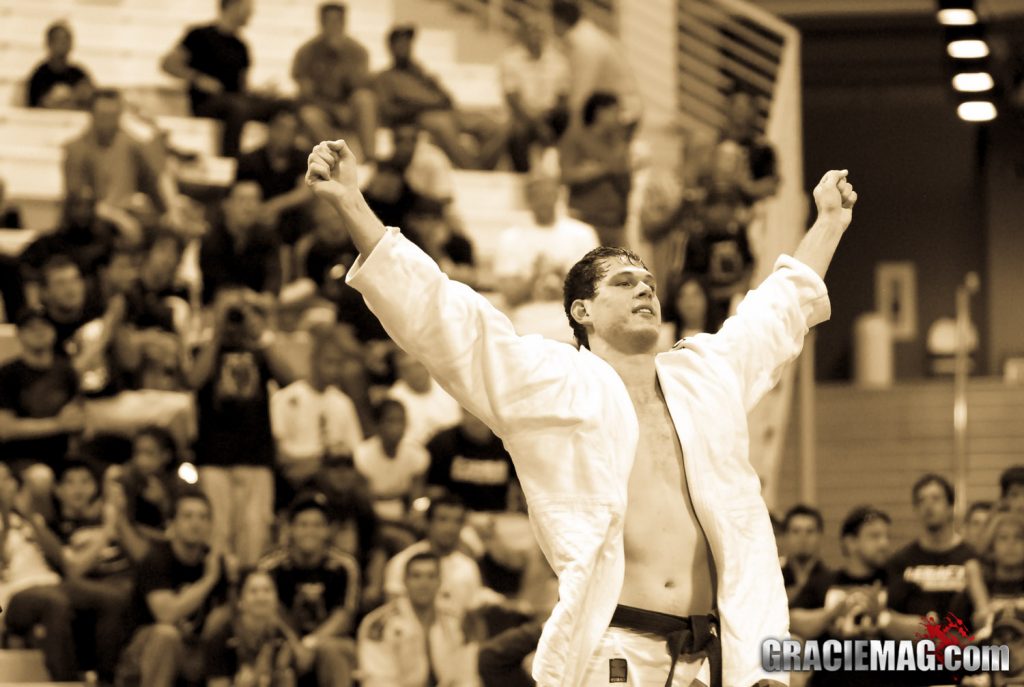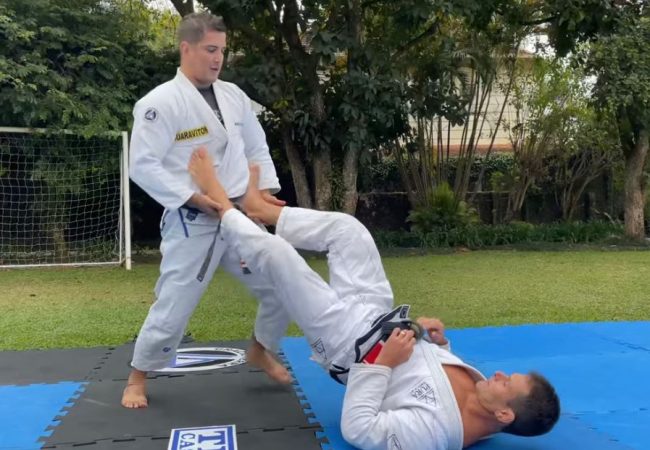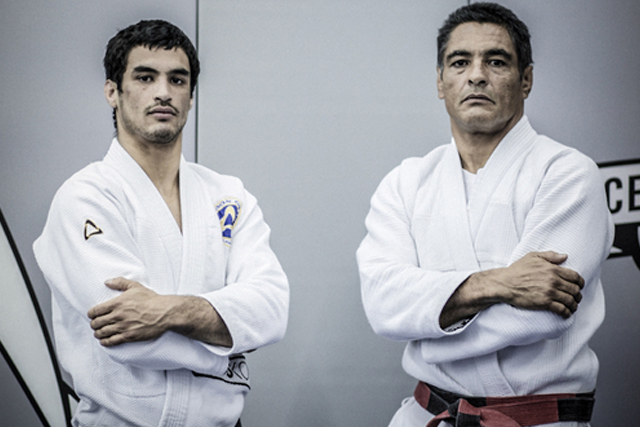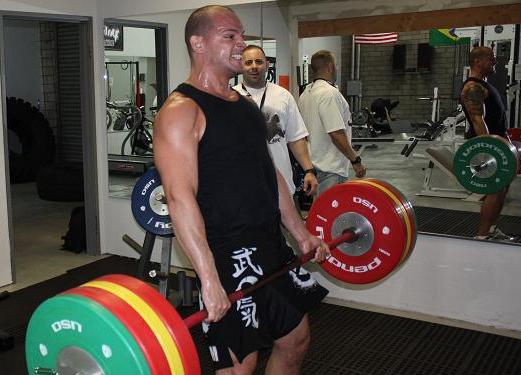Here are some tips on habits to pursue, collected from several jiu-jitsu greats for issue 249 of Graciemag.
1. How does a great martial artist see a fight? They only see what can be useful to their game and what is disposable. When you look at the world of martial arts in this way, you will stop worrying about what is “good” or “bad,” and stop wasting energy commenting and picking fights online. Note: there are only lessons, philosophies and techniques that deserve to be adapted to your game, and others that don’t. As Roger Gracie said recently at a seminar: “I changed my armbar from the closed guard when a white-belt made a funny grip and I felt uncomfortable. I saw there was a way there, and I developed that innovation.”
2. Master Alvaro Romano teaches: “Quality of life means getting to be 60 years old with the ability to do the same activities you enjoyed at 30. That is an indescribable pleasure.” Pursue healthy habits and BJJ training with consistency, three or four times every week, to keep feeling this pleasure for decades.
3. Neiman Gracie, a Bellator star, recently told us, “I noticed as I started doing professional MMA that what we start practicing today will only be useful in two, three years. For that reason, it’s good not to miss today’s training so we don’t hold ourselves back.”
4. Don’t beat yourself up over results or titles. As Rickson Gracie taught us, you can only control your effort, your performance and your training. Be demanding with your preparation — not with the final result, which must be left to a higher power. It’s also the philosophy of Adenor Tite, coach of Brazil’s national soccer team: “My demand is for performance — high performance. That I control and demand. But control the result I do not. That oppresses, hinders, and is cruel. We have no control over results.”
5. Spread your healthy habits to your whole family, and always lead with a good example. It’s the lesson from Kyra Gracie, who these days trains with her husband, Malvino Salvador, and is already taking her toddlers to the mat with her.
6. Self-knowledge and reflection are useful for the practitioner to evolve. Look inside with honesty and transparency, and understand how you feel and what made you feel that way. Where did you go wrong? How can you avoid making the same mistake? The answers are often inside us.
7. Seek help from the more experienced. A hundred percent of champions learned how to get past a hurdle from a tip by a teacher or more experienced colleague. Ask lots of questions until you find the answer.

8. Use technology in your favor — don’t be its slave. “Copying positions off of YouTube and not training the basics may be the biggest mistake made by kids today,” says Roger Gracie. “People get carried away with the berimbolo and such, and forget about defensive techniques, for example, which always save in critical situations.”
9. “The horse that arrives early gets good drinking water,” goes the Japanese proverb. Don’t be late for training. Showing up at the right time is a sign of respect for teachers, training mates and your body — the latter of which will thank you for doing your pre-training warm-up.
10. Don’t let your mind and reflections linger on the day’s training session at bedtime. Hammering one idea into your head leads to insomnia, which gets in the way of training the next day. Thought of something important? Write it down and sleep.
11. Be gentle. The world of BJJ is a small one, and a person you help today might help you reinvent yourself tomorrow. Saulo Ribeiro once told us, “One of the biggest regrets I’ve had in BJJ was not visiting other gyms and be able to train with my opponents. The rivalry of the time prevented that somewhat. But these days we see guys like Leandro Lo, Preguiça and Buchecha training together, no problem.”
12. Don’t wait for a training partner of the exact same level as you to fall from the sky. Try new and daring positions with the less experienced, and learn from the problems posed by the more experienced. As Kron Gracie said, “When I first opened my gym, the fact that I trained with students and beginners provided me with looser, pressure-free training, where I could repeat all techniques to the extreme until I was executing them with precision.”
13. The hours spent outside the gym are as important as the hours spent in it. Drink water every hour to lubricate your machine and avoid injuries. Be aware of your breathing, and learn how to breathe in and out properly.





